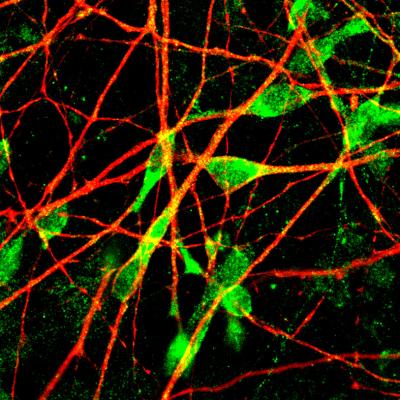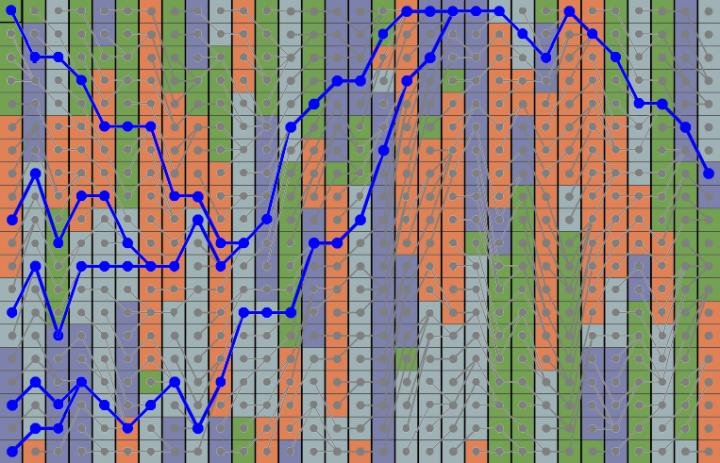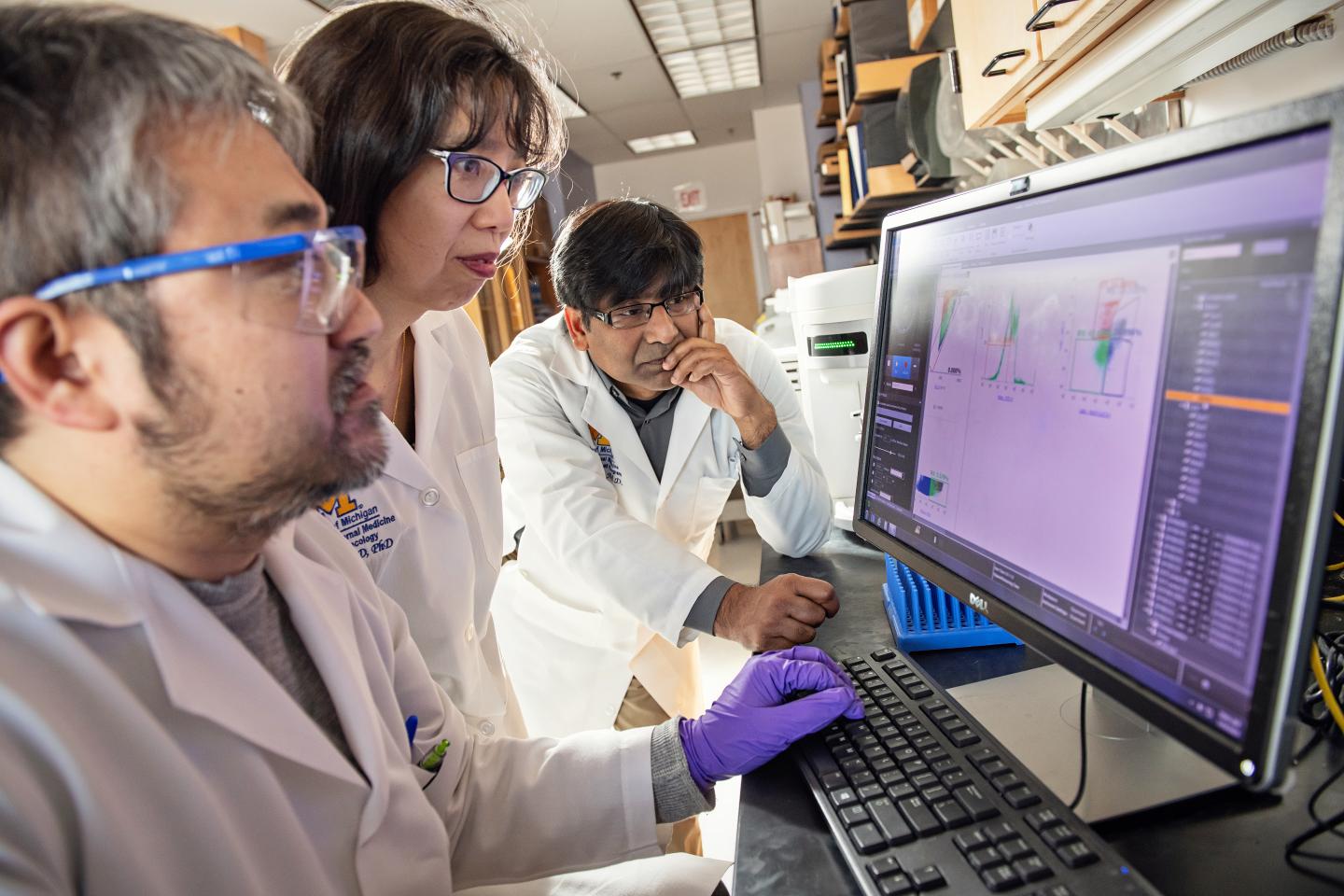When neurons are out of shape, antidepressants may not work
IMAGE: These are human serotonergic neuron projections (red) and cell bodies (green). view more Credit: Salk Institute LA JOLLA–(March 22, 2019) Selective serotonin reuptake inhibitors (SSRIs) are the most commonly prescribed medication for major depressive disorder (MDD), yet scientists still do not understand why the treatment does not work in nearly thirty percent of patients with…









